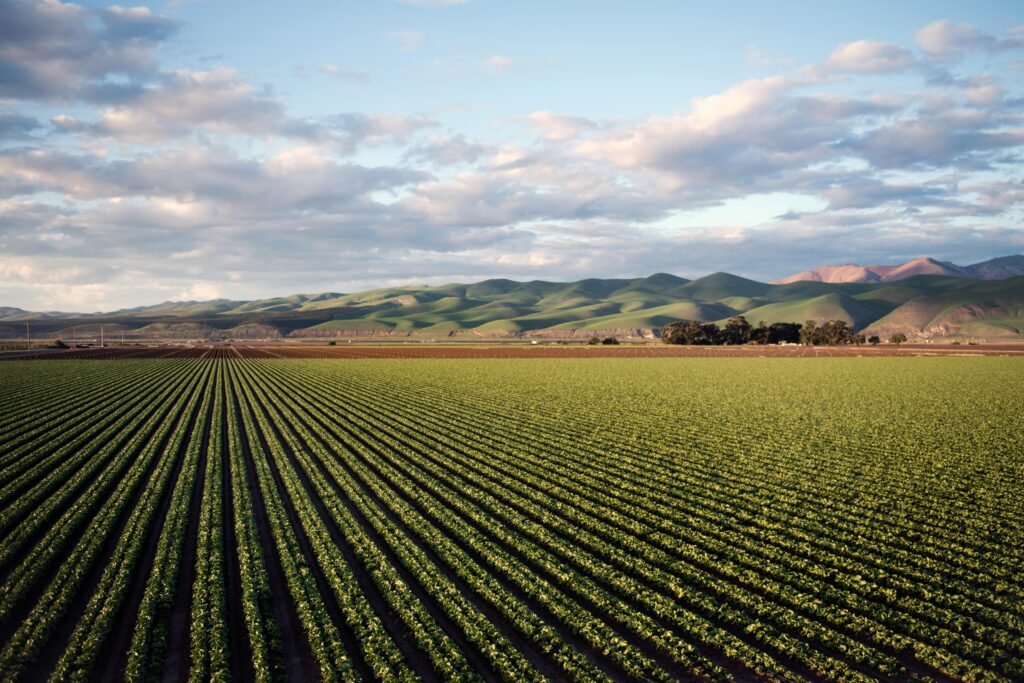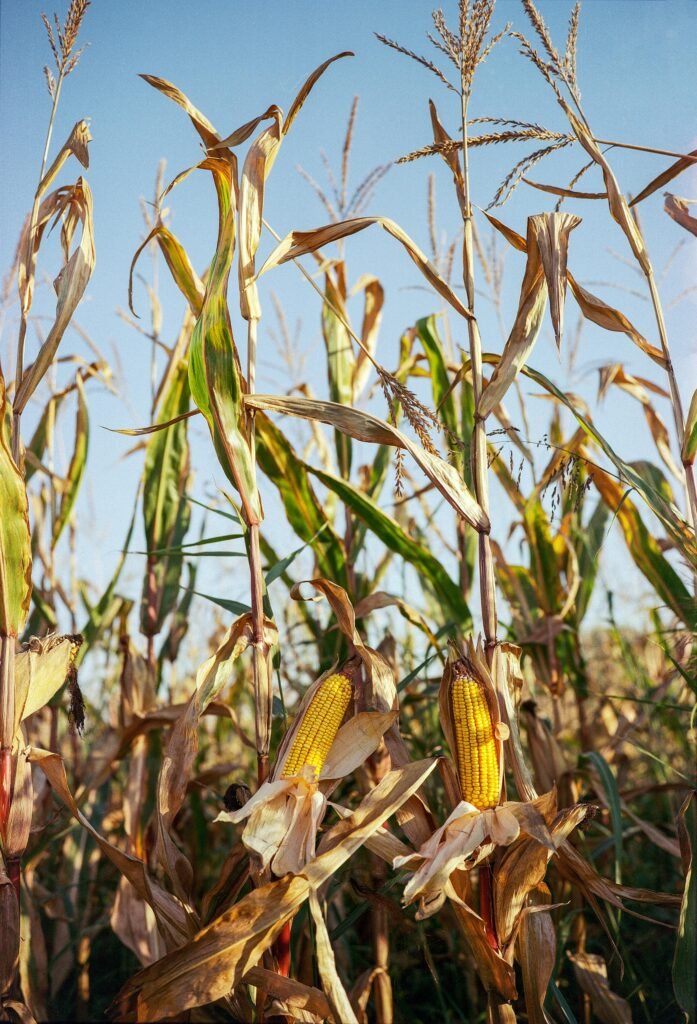🌱 Introduction
Vermicomposting is rapidly becoming a key pillar of sustainable agriculture in India. As more farmers move toward eco-friendly and organic farming methods, vermicomposting—the process of using earthworms to decompose organic waste—has proven to be an effective way to enrich soil naturally. This method not only reduces waste but also enhances crop productivity without harming the environment.
In this blog, we will explore the top benefits of vermicomposting, how it works, and why it’s essential for the future of farming in India.
🐛 What is Vermicomposting?
Vermicomposting is a biological process that uses earthworms (commonly Eisenia fetida or red wigglers) to convert organic waste into nutrient-rich compost. The result is known as vermicast or worm castings, a powerful organic fertilizer.


🌾 Why Vermicomposting is Important in Indian Agriculture
Reduces use of chemical fertilizers
Promotes organic farming practices
Improves soil fertility and microbial activity
Supports sustainable and regenerative agriculture
Low-cost, eco-friendly solution for small and marginal farmers
🔟 Top 10 Benefits of Vermicomposting for Sustainable Agriculture
1. Improves Soil Health Naturally
Vermicompost enhances soil structure, porosity, and water retention. It increases organic matter, improves aeration, and promotes beneficial microbes.

2. Rich in Plant Nutrients
It contains essential macro and micronutrients like Nitrogen, Phosphorus, Potassium (NPK), calcium, magnesium, zinc, and iron.
3. Increases Crop Yield
Farmers using vermicompost notice better germination rates, root development, and higher yields in vegetables, cereals, and fruits.
4. Enhances Soil Microbial Activity
Worm castings are loaded with beneficial bacteria and fungi that promote root growth and suppress harmful pathogens.
5. Reduces Chemical Dependency
By improving soil fertility and providing natural nutrients, vermicomposting significantly reduces the need for urea and DAP fertilizers.
6. Eco-Friendly Waste Management
Vermicomposting converts kitchen waste, farm residue, and cow dung into usable compost, reducing environmental pollution.
7. Prevents Soil Erosion
Vermicompost strengthens soil structure and helps prevent runoff and erosion, especially in rain-fed or sloped lands.
8. Safe for Earth and Farmers
Unlike chemical fertilizers and pesticides, vermicompost poses no risk of toxicity to soil, water, crops, or farmers.
9. Improves Water Retention
Soils treated with vermicompost hold moisture longer, reducing irrigation needs and helping in drought-prone areas.
10. Cost-Effective Farming Input
Once set up, vermicomposting is low-maintenance and reduces annual input costs on synthetic fertilizers.
🧑🌾 How to Start Vermicomposting on Your Farm
✔️ Materials Needed:
Earthworms (Eisenia fetida)
Cow dung and kitchen/farm waste
Moisture and shade
Compost bin or pit
✔️ Steps:
Prepare a shaded area or compost pit.
Add moist cow dung and organic waste.
Introduce earthworms.
Keep it moist (like a wrung-out sponge).
Harvest compost in 30–45 days.

📊 Vermicompost vs Chemical Fertilizer: A Quick Comparison
| Feature | Vermicompost | Chemical Fertilizer |
|---|---|---|
| Nutrient Release | Slow & steady | Instant |
| Soil Health | Improves | Depletes over time |
| Water Retention | High | Low |
| Eco-friendliness | High | Low |
| Cost | Low (after setup) | High recurring cost |
✅ Conclusion
Vermicomposting is more than just a composting method—it’s a pathway to sustainable agriculture in India. With benefits like improved soil health, better crop yield, and cost savings, it’s the perfect choice for farmers looking to switch to organic and eco-friendly farming practices.
Whether you’re a small farmer or own a large field, incorporating vermicompost into your farm management plan will help you grow healthier crops and protect your land for the future.
